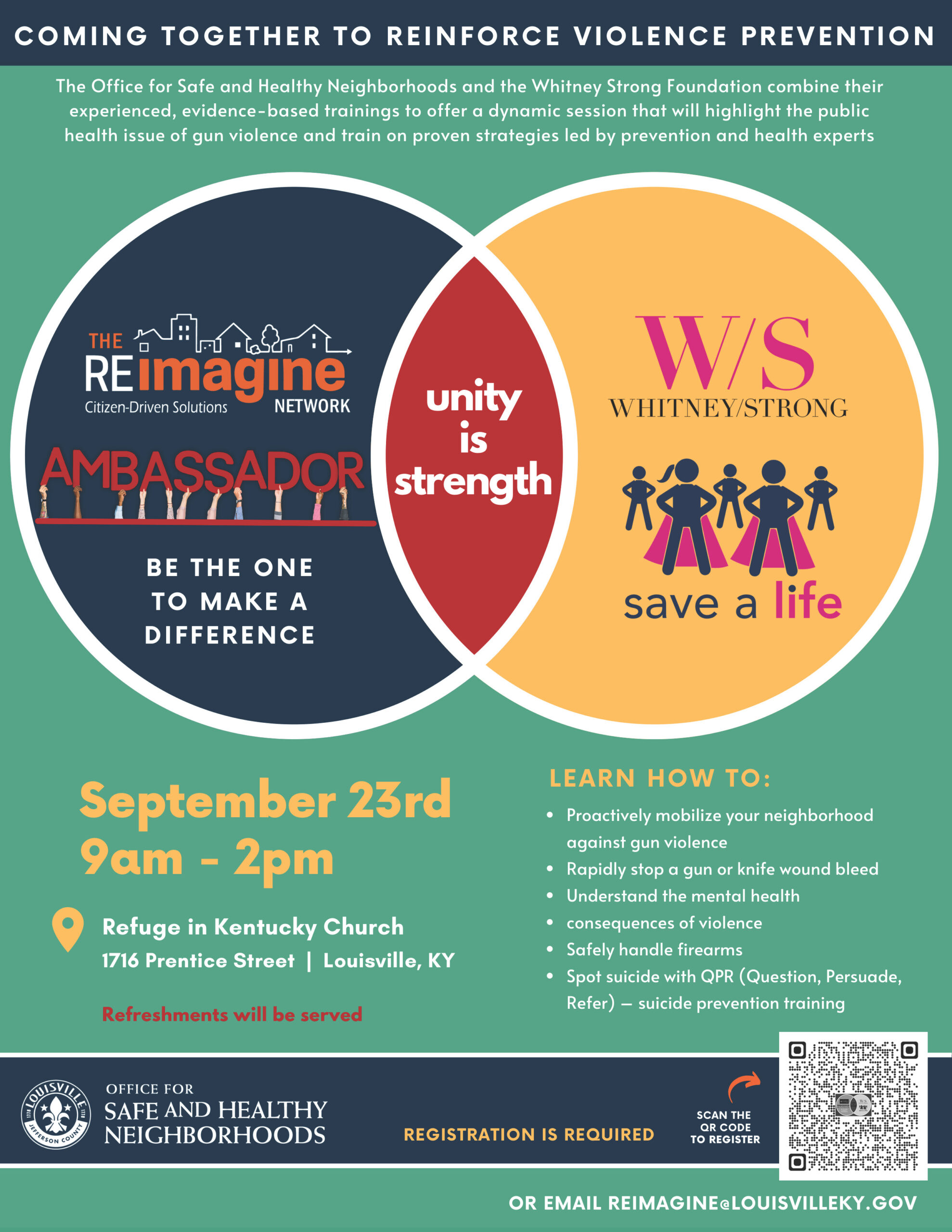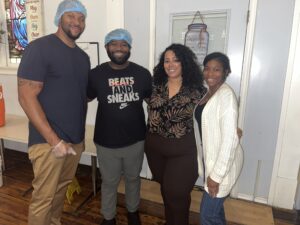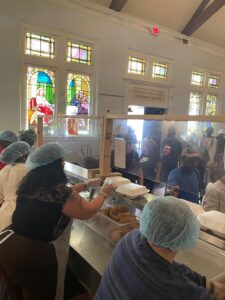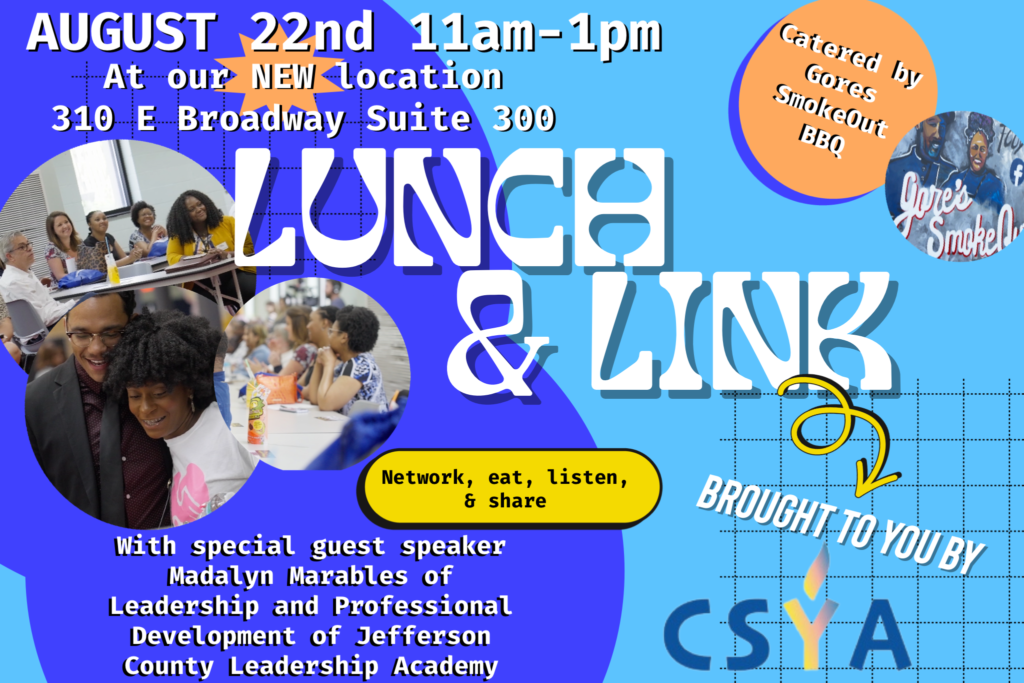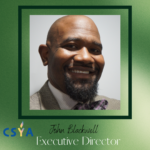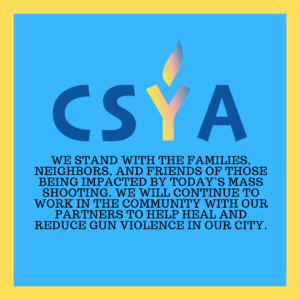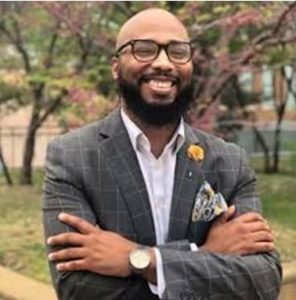This month the Office for Safe and Healthy Neighborhoods (OSHN) is hosting two events (9/23/23 and 9/26/23) that are free and a great way to get involved.
The One Love Louisville Ambassador Training is a free, in-person training scheduled for September 23rd, 2023. Based off our current lineup of presenters, we will meet from 9:00am-2:00pm at Refuge In Kentucky Church, located at 1716 Prentice Street, 40210, and lunch will be served. We will hear from experts as they cover a range of topics including Firearm Safety, Question Persuade Refer (QPR), Stop the Bleed, and The Public Health Approach to Violence. This training, which has been attended by over 900 people since its inception in 2017, aims to inform participants of individual and collective efforts to reduce violence in Louisville. For many of our participants, this is a gateway to get involved with our office, and our wonderful partner organizations working to curb violence in our community. If you have ever wanted to get plugged in to this work, the Ambassador Training is a great place to start. Click Here To Register. The flyer with the QR code is also attached.
Networking Night on Tuesday, September 26th, at the Broadway Family YMCA (1720 West Broadway) from 6:00PM-7:30PM. Networking Nights are an opportunity to get to know some of the change-agents doing great work in Louisville. This event, we will feature guests from Catholic Charities, VOA – Restorative Justice, and Casa River Region. This is a great opportunity to get plugged into violence prevention work, learn about resources, and meet others working towards a better Louisville. Food and refreshments will be served. Click Here To Register.

